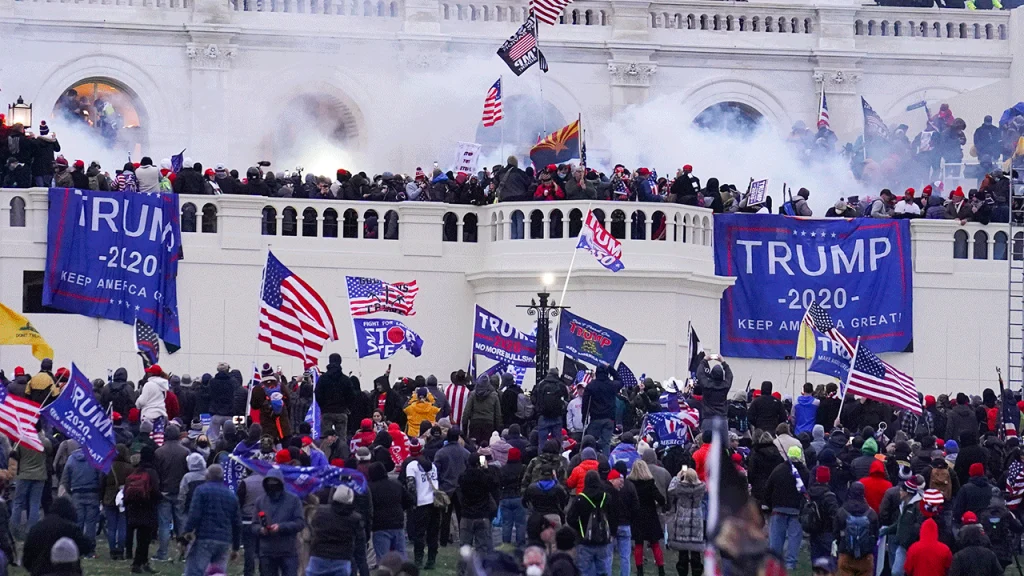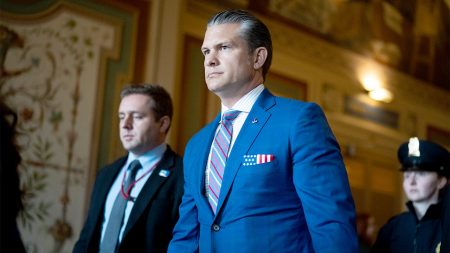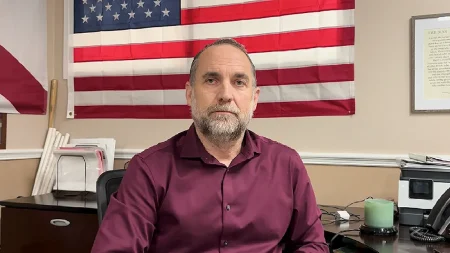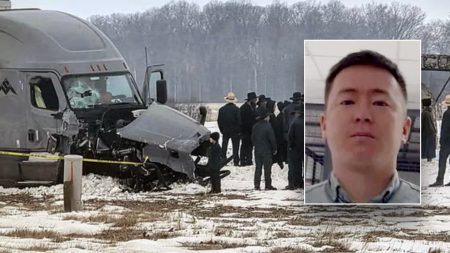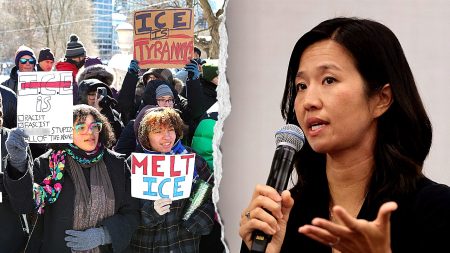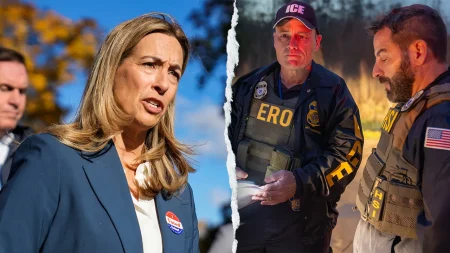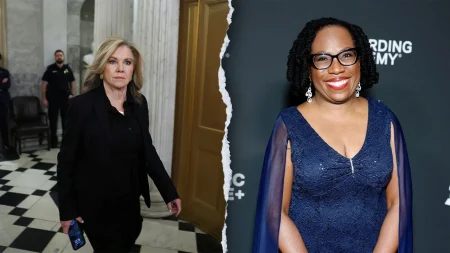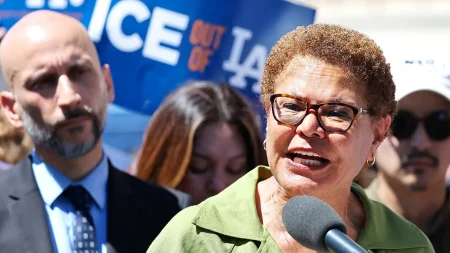The United States Department of Justice (DOJ) has recommended a substantial 20-year prison sentence for Ryan Samsel, a Pennsylvania barber convicted for his involvement in the January 6, 2021, Capitol riot. Samsel’s conviction stems from a February 2024 trial where he was found guilty on multiple charges, including assaulting federal officers, engaging in acts of physical violence on Capitol grounds, and obstructing an official proceeding. The DOJ’s proposed sentence encompasses 240 months of incarceration, followed by three years of supervised release, $2,000 in restitution, and a yet-to-be-determined fine. This severe recommendation underscores the gravity of Samsel’s actions, his perceived lack of remorse, his perpetuation of false narratives surrounding the event, his history of violent behavior, and concerns about potential future acts of violence against the Capitol.
The DOJ’s sentencing memorandum paints a vivid picture of Samsel’s role in the Capitol breach, portraying him as a key instigator in the initial assault on the Capitol’s restricted perimeter. According to the DOJ, Samsel was the first rioter to penetrate the security barriers, leading a charge of Donald Trump supporters who sought to disrupt the certification of Joe Biden’s 2020 election victory. The memorandum details Samsel’s aggressive behavior, which included verbally abusing officers, forcefully manipulating metal barricades, and striking an officer in the face with a metal barricade. This initial breach, according to the DOJ, acted as a catalyst, triggering a cascade of events that led to thousands of rioters overwhelming police defenses and flooding the West Front of the U.S. Capitol grounds.
Following the initial breach, Samsel’s violent actions continued for approximately 90 minutes, according to the DOJ. The memorandum describes him as a central figure in the ongoing confrontation with law enforcement, engaging in a series of aggressive acts. He allegedly assaulted officers with his flag, attempted to seize an officer’s shield, tore at scaffolding, made obscene gestures towards officers, threw a 2×4 plank and a pole at police lines. These actions demonstrate a sustained and deliberate effort to engage in violence and disrupt the lawful proceedings taking place within the Capitol building.
The DOJ’s memorandum further emphasizes Samsel’s lack of remorse and his continued justification of his actions. He reportedly recorded a selfie video during the riot, proudly proclaiming his participation in the breach of the Capitol. Years later, in an interview, he reportedly defended his actions, asserting that “sometimes civil disorder is needed.” This unwavering stance, coupled with his active dissemination of false narratives regarding the events of January 6th, contributes to the DOJ’s assessment of his ongoing threat and their justification for the proposed lengthy sentence.
The DOJ’s recommendation of a 20-year sentence for Samsel reflects a broader effort to hold those responsible for the January 6th attack accountable for their actions. This proposed sentence, if imposed by the court, would be one of the longest sentences handed down in connection with the Capitol riot. It serves as a stark warning to others who participated in the violence that day and underscores the seriousness with which the government views these attacks on American democracy.
In its pursuit of justice for the events of January 6th, the DOJ continues to investigate and prosecute individuals involved in the attack. The department’s pursuit of accountability, as exemplified in the Samsel case, aims to deter future acts of political violence and uphold the integrity of democratic processes. The recommended sentence for Samsel, a pivotal figure in the initial breach of the Capitol, underscores the government’s commitment to holding those responsible for the violence accountable and sending a clear message that such actions will not be tolerated. The severity of the proposed sentence reflects the profound impact of the January 6th attack on American democracy and the ongoing efforts to ensure such an event never happens again.




